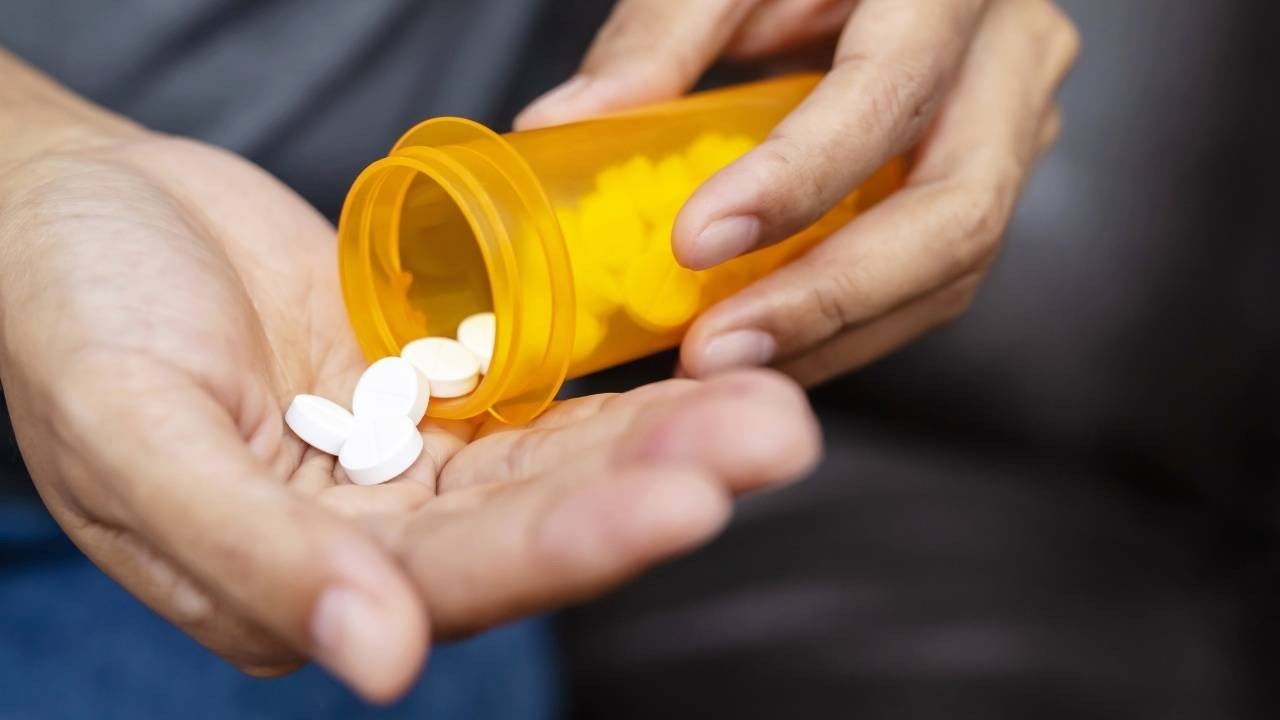Does Naltrexone Stop Working for Alcohol Use Disorder?
Aug 30, 2022
If you're not totally familiar with naltrexone, it's a medication that has been FDA-approved for treating alcohol use disorder since 1994. It's a safe, affordable and non-habit-forming medication that works well for most people.
When taken correctly and given enough time to work, it has been clinically-proven to have a 78% success rate at helping people gain control over alcohol (whether their goal is moderation or going alcohol-free).
Many want to know if this medication can stop working over time. The short answer is no, it does not stop working. In fact for most people, it works better the longer you take it.
However, it's not a magic pill.
While this medication can be very effective at helping you drink less, there are usually ups and downs along the way.
What commonly happens for people is they will see a reduction in their drinking through naltrexone, then their drinking might spike back up again. Then it will go down, then up again.
When people see their drinking spike up on naltrexone, they can get worried that it's no longer working. But this is actually a normal part of the process.
This can happen for a while, but over time people will see a gradual reduction in their drinking. 📉
☝️ It's important to note that simply taking naltrexone is not all that's required, either.
We commonly tell people the medicine is 50% of it, and then gradually changing habits, developing new coping tools and creating a life outside of alcohol is the other 50%. This includes getting regular alcohol-free days that are filled with fun and rewarding activities!
We cover all of this inside The Alcohol Freedom Program so that you can make the most of naltrexone and get to a place where you feel FREE from problem drinking. 🥳
I hope this helps you understand more about how naltrexone works: It does not stop working over time but rather can actually work better the longer you take it...especially if you're meeting the medication half-way.
Medical Disclaimer: The Content is not intended to be a substitute for professional medical advice, diagnosis, or treatment. Always seek the advice of your physician or other qualified health provider with any questions you may have regarding a medical condition. Never disregard professional medical advice or delay in seeking it because of something you have read on this platform.







